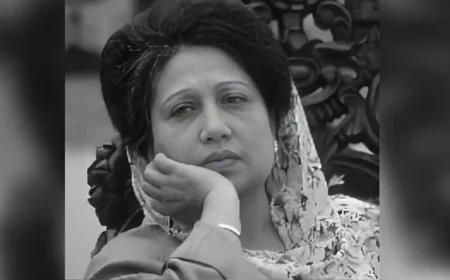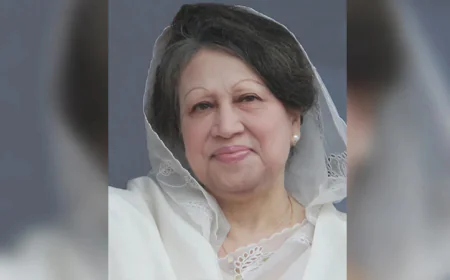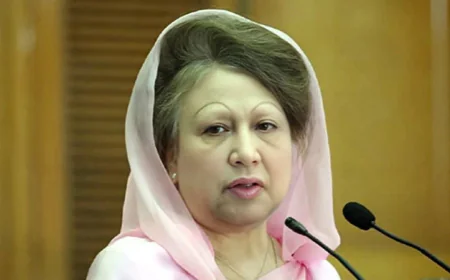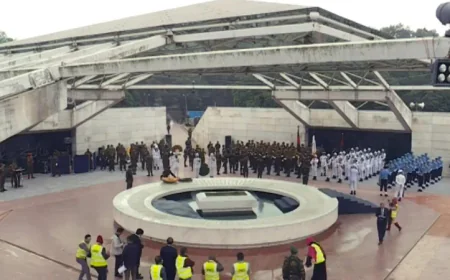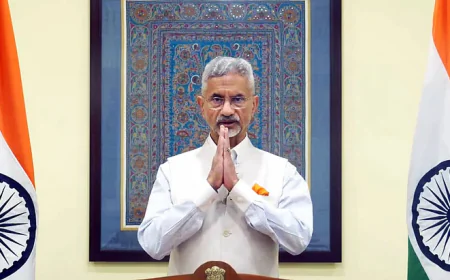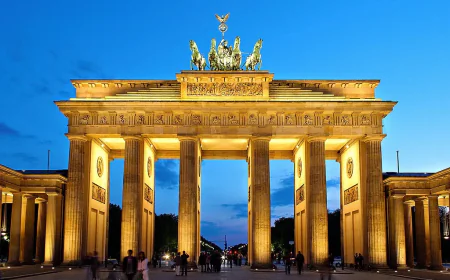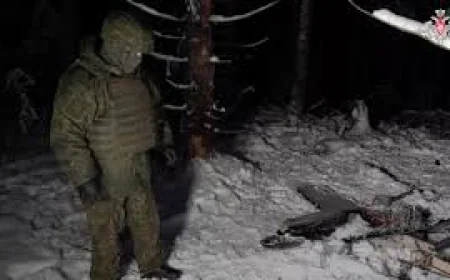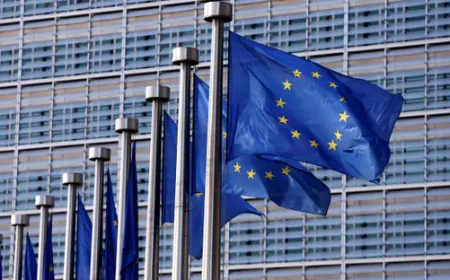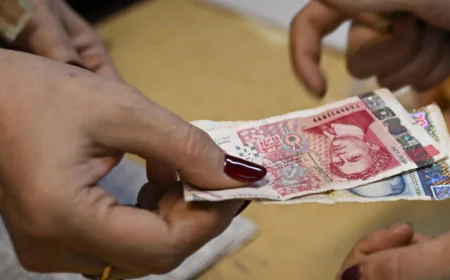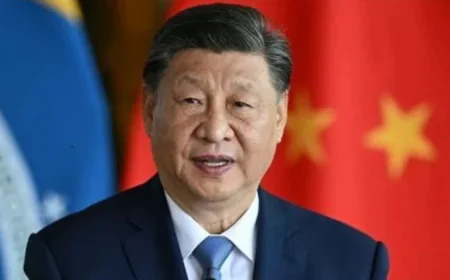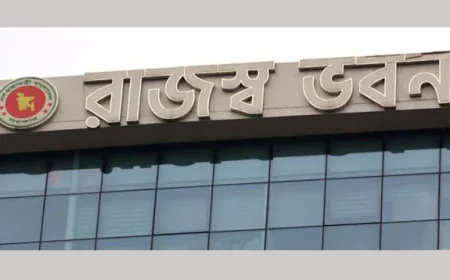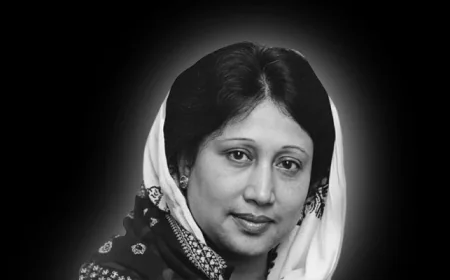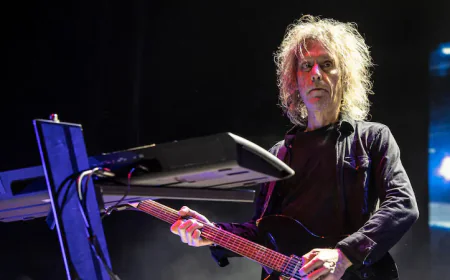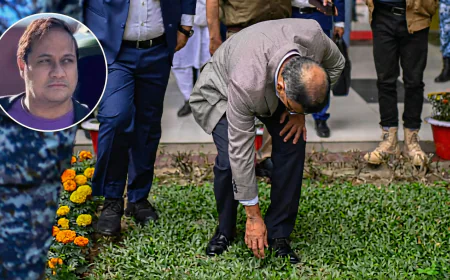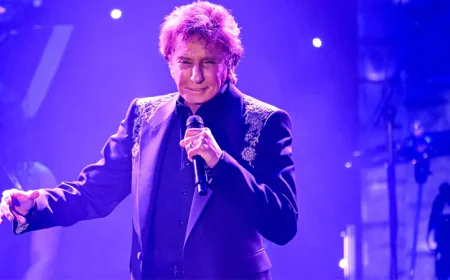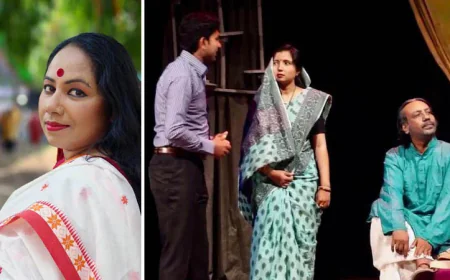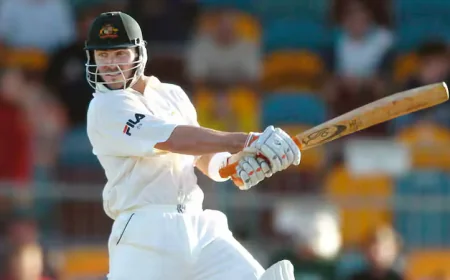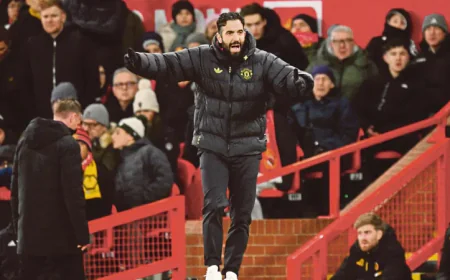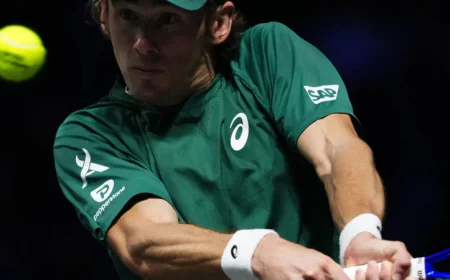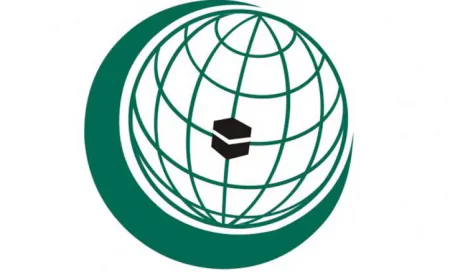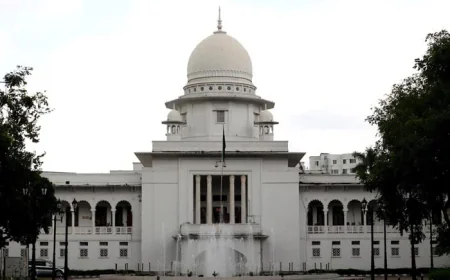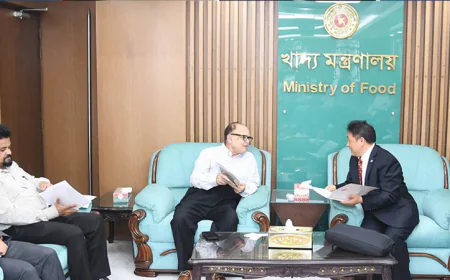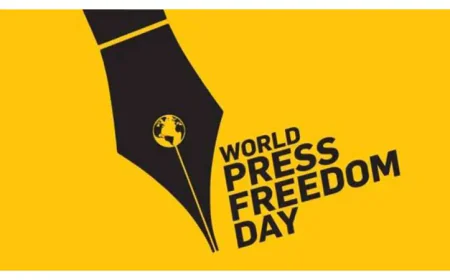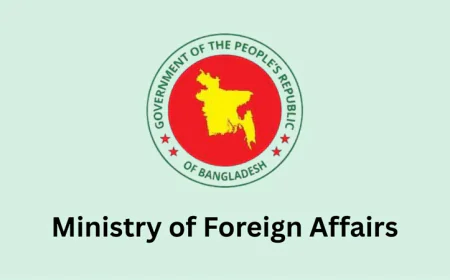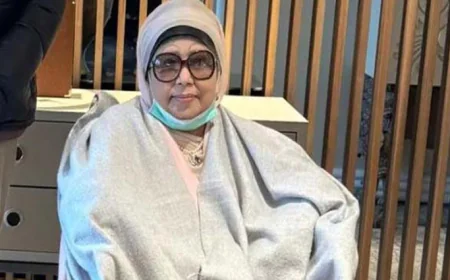At Least 37 Dead in Clashes Despite Nationwide Curfew on July 20
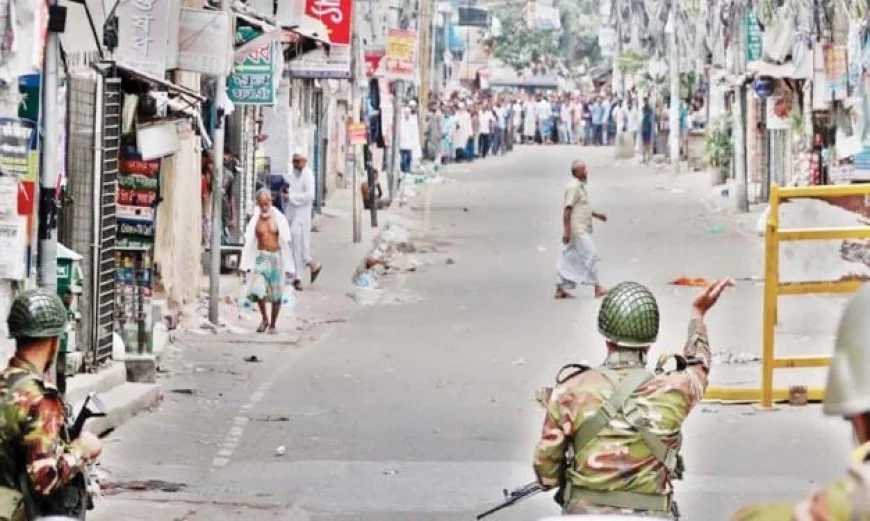
At least 37 people were killed and scores injured across the country on July 20 last year despite an effective curfew nationwide, prompting the government to declare a two-day general holiday on July 21 and 22 to contain the student-people uprising. The casualties were reported as students and people continued their street protests defying the curfew to press home students' fresh nine point demand declared on July 19 that included the then Prime Minister Sheikh Hasina's apology to the nation for the casualties during the movement. The movement was intensified on July 20 as news of detaining Nahid Islam, one of the key coordinators of the anti-discrimination student movement, at midnight on July 19 was spread among the protesters. According a Dhaka based Bangla daily- Dainik Amader Shomoy- among the 37 deaths, 25 death including two policemen were reported in the capital while four each were reported in Mymensingh and Savar, and two each were reported in Gazipur and Narsingdi, though the actual figure was probably much higher.
Referring to media reports, an editorial of a Dhaka based English daily- The Daily Star- on July 21 stated, "The majority of the deaths was caused by firing from the police and BGB with the highest death toll on July 19". Earlier, at midnight on July 19, the government imposed curfew and deployed army personnel across the country in aid to civil administration to contain the movement that had already turned into a student-people uprising following the death of Abu Sayeed on July 16. Though the army personnel were seen intensifying patrolling across the country, the curfew was relaxed for two hours on July 20 to allow the people to perform emergency tasks. However, the government declared a general holiday on July 21-22 as the student-people uprising went out of control even after imposing the curfew and suspending the broadband and mobile internet services. Besides, the garments industry associations including, BGMEA, BKMEA and BTMA, also announced the closure of all garment factories across the country from July 21.
According to media reports, fiercest clashes took place in different areas in the capital, especially making Jatrabari, Mirpur and Mohammadpur hotspots of the movement. Besides, clashes were also reported in the New Market, Azimpur, Science Lab, Uttara, Bhatara, Merul Badda, Rampura and Banahsree areas in the city. On July 20, fierce clashes erupted in the Mirpur-10 and its adjoining areas as law enforcers opened fire and charged tear-shells at the protesters. The clash continued from morning till evening while Kazipara metro station was set on fire. Violent clashes took place at Jatrabari, Shanir Akhra, Rayerbag and Kajla area in phases as the protesters continued blocking the Dhaka-Chhatragam Highway keeping several trucks on the road haphazardly. The police fired tear-shells, lobbed sound grenades, and fired live bullets to disperse the crowd, leaving people dead. In Mohammadpur's Bosila area, the students and people blocked the Mohammadpur-Beribadh area from 11am while at one stage the protesters were trying to go to Mohammadpur Police Station. At that time, police fired bullets, teargas and sound grenades.
In Siddhirganj, the Highway Police outpost was set on fire. Clash was also reported in the Savar Bazar bus stand area on the Dhaka-Aricha highway while local livestock office in Savar upazila was attacked and vandalized. In Savar Radio Colony area, 25 people were injured in sporadic clashes. However, due to the curfew, all establishments including shopping malls in the city were closed while the Dhaka Metropolitan Police (DMP) announced that violating the curfew would result in one year of imprisonment and fines. Besides, RAB helicopters patrolled the skies over Dhaka to prevent further violence while security was heightened around the Bangabhaban, Ganabhaban, Bangladesh Betar, different ministry offices, police stations, Deputy Commissioner, and police super offices, homes of top government officials, jails and other key installations across the country. The government had claimed that BNP-Jamaat and their allies were using the students' legitimate movement as a shield to carry out arson attacks and violence.
"BNP and Jamaat are trying to hold the nation hostage using the quota movement as a pretext," said Obaidul Quader, Awami League general secretary and the then road transport and bridges minister. Reacting to the government's suppression on the protesters, BNP Secretary General Mirza Fakhrul Islam Alamgir, however, said, "The fascist Awami regime cannot save itself through repression." On that night, BNP standing committee member Amir Khasru Mahmud Chowdhury was picked up by law enforcers from his Uttara residence. Earlier, on the day, BNP standing committee member Nazrul Islam Khan and BNP senior joint secretary general Ruhul Kabir Rizvi were placed on a one-day remand. Earlier, on the night of July 19, law enforcers arrested Nazrul Islam Khan and Ruhul Kabir Rizvi. In the meantime, BNP's central leader Nipun Roy and Gono Odhikar Parishad President Nurul Haque Nur were also arrested. Besides, amid the nationwide unrest, several coordinators of the quota reform movement stated that general students had no connection with the "terrorist activities".
Besides, on the night of July 20, quota reform movement coordinators Hasnat Abdullah, Sarjis Alam and Hasib Al Islam held a meeting with the then law minister Anisul Huq, education minister Mohibul Hasan Chowdhury and state minister for information and broadcasting Mohammad Ali Arafat at the state guest house 'Padma' on Minto Road in the city. At the meeting they placed eight-point demands before the government. The demands were almost the same except Sheikh Hasina's resignation, which were declared by another coordinator Abdul Quader on July 19. Following the meeting, Anisul Huq had told the media that the discussions were fruitful and the students' demands were "logical and solvable." But, a group of movement coordinators in a text message to the media outlets claimed that the meeting with ministers had no connection with the movement. It was a personal decision of some individuals. Umme Fatima, also a key-coordinator of the movement, sent the text message containing names of 24 coordinators and 42 assistant coordinators, saying they will continue their movement until their nine-point demand placed by Abdul Quadir on July 19 is met.
Besides, on July 20, 44 noted lawyers, including jurists and teachers, issued a statement condemning the use of "excessive and disproportionate" force on the student protesters demanding quota reform in government jobs and urged the government to stop the use of excessive force. On the same day, the United Kingdom and the European Union (EU) expressed deep concern over the unrest across the country centering the quota reform movement. In separate statements, the missions of the UK and the EU in Dhaka urged all parties to find a peaceful solution to the crisis.
